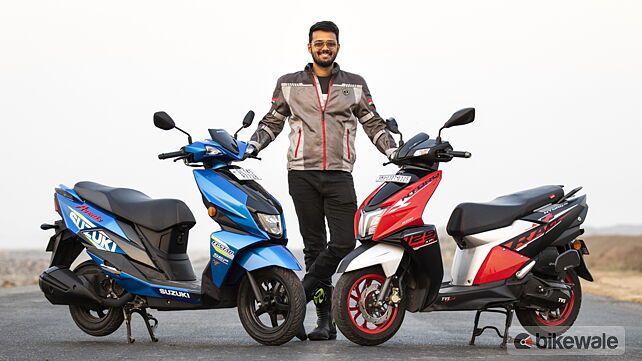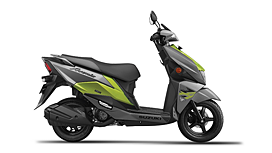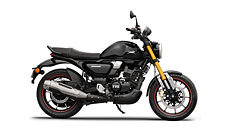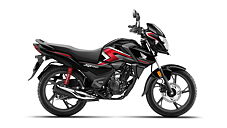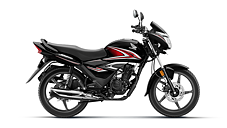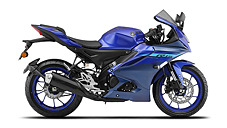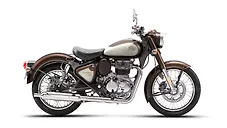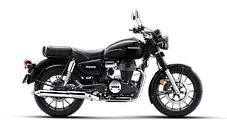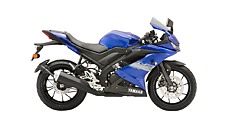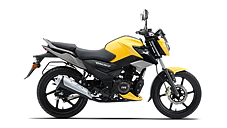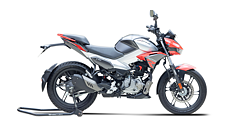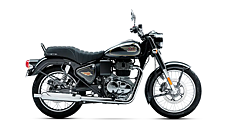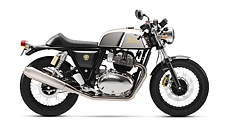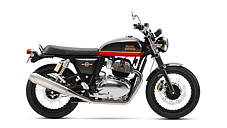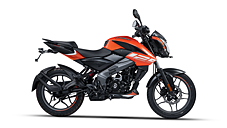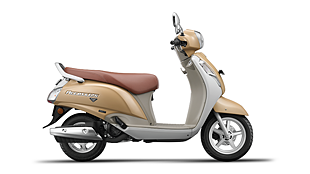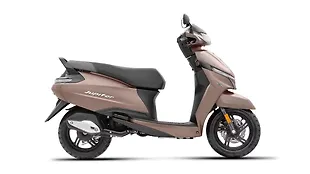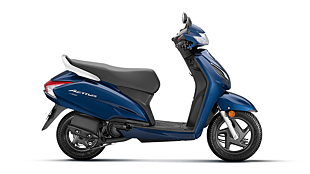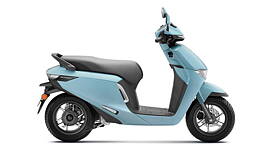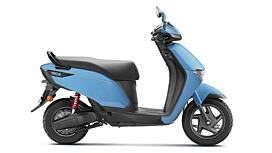Introduction

Over the last few years, scooters have come a long way from being just point A to point B twist-and-go commuters. They deliver much more than that now; excitement, sassiness, and brag-worthy features are just a few of their feel-good traits. And such scooters are often called sport scooters.
Ever since its launch in 2018, the TVS Ntorq 125 has been hugely popular in India, especially amongst the youth. The reason was its sporty and technology-laden persona which brought along a breath of fresh air. Now, looking at the Ntorq’s success, Suzuki too has attempted to emulate TVS by bringing its own 125cc sporty scooter, the Avenis 125.
So, how much has Suzuki succeeded in doing that? Does it have the same or more oomph than the Ntorq 125? And which one should you choose? We try to answer these questions by spending a fair amount of time with both of them.
Styling and Quality

When looked at from a distance, the Avenis looks almost identical to the Ntorq 125. Park their black colour trims face-to-face and it’ll look like the Ntorq is facing a mirror. However, the differences become evident as you move closer. The Avenis’ handlebar cowl looks more dramatic, the front apron has deeper contours, and the rear panel has more cuts and creases. The most conspicuous differences are at the rear – unlike the Ntorq’s single-piece tail lamp, the Avenis has split lights. And of course, the Avenis has a smaller 10-inch rear wheel that makes it look profoundly disproportionate.

Suzuki offers the Avenis in five different shades and the one you see in these pictures is the most expensive Race Edition. The Ntorq, meanwhile, is available in as many as twelve different paint schemes! While the Race XP we have here looks cool with its edgy graphics, the Super Squad trims take sassiness to a whole new level with their Marvel’s Avengers-inspired graphics.
The overall built quality of both scooters is almost at par and none of them leaves room for complaint. The switches are tactile to operate, the paint finish is acceptable, and the body panels are well put together.
Ergonomics and Comfort

Getting onboard both scooters is easy, and the riding position they offer is fairly upright. There are subtle differences though. The handlebar of the Avenis is placed slightly higher and the seat cushioning is softer. Plus, the space on the footboard is more than the Ntorq by a small margin. Another minor difference is in the size of the handlebar grip as the Ntorq’s is chunkier and feels more motorcycle-like.

The space for the pillion is nearly the same in both scooters, which is sufficient for an average-sized individual. But the one sitting on the Ntorq tends to slide ahead on braking, thanks to its tapered design.
Having said that, none of the scooters felt uncomfortable during our riding stint. You never fall short of the footboard space, the backside doesn’t hurt even after an hour of riding, and the handlebar doesn’t foul with your legs while taking U-turns.
Features and Tech

This is where things get interesting. When it comes to new-age technology, the Ntorq 125 is clearly ahead of the Avenis, especially this Race XP edition. The highlight of the TVS is the presence of two riding modes, which is a first for a scooter in India. What’s more, it also gets a Voice Assist function that performs a bunch of tasks like changing riding modes and showing missed calls and the last caller on the display, all with audio instructions. Although the Voice Assist feature is superfluous and one might barely use it, it does give the owner some bragging rights.

The Ntorq also offers turn-by-turn navigation and a barrage of information on display, besides the basic data. In the Race mode, you can view lap time, lap distance, last top speed, zero to 60kmph sprint timing, and much more. Adding brownie points here are a hazard lamp and a pass switch that aren’t available in its contender.
The Avenis, too, gets a Bluetooth-enabled fully-digital instrument cluster (except for the base trim). Once connected to the rider’s smartphone, it gives access to navigation, call and SMS alerts, and a couple of other bits. However, when the turn-by-turn navigation is not in play, more than half of the LCD is left without any info which looks bizarre. Even the amount of information on display isn’t as much as the Ntorq.

Coming to the utilitarian features, both scooters get around 22-litre of under-seat storage space which is big enough to store a backpack or an open-face helmet. However, the Avenis has an upper hand here as it gets a closed and an open cubby hole at the front, with the former housing a USB charging port. The Ntorq doesn’t get front storage spaces and the USB port is located under the seat. That said, what the Avenis misses out on is an under-seat light which is a commonality these days.
Performance and Handling
Before we talk real-world performance, let’s go through some numbers. The Suzuki Avenis’ 124cc mill, which is the same unit present in the Access 125 and Burgman Street 125, produces 8.58bhp of power and 10Nm of peak torque. On the other hand, the Ntorq 125 Race XP’s power and torque outputs vary depending on the selected riding mode – 9bhp and 10Nm in Street mode and 10.06bhp and 10.8Nm in Race mode. You see, the Ntorq outdoes the Avenis on paper, even in the more conservative mode. But we can’t forget that, with a kerb weight of 106kg, the Suzuki is 10kg lighter than this TVS.

Off the line, both scooters feel similarly quick and the acceleration is sprightly. Until 40-45kmph, the build-up of pace is almost identical. However, as you go on rolling the throttle, the Ntorq (in Race mode) feels livelier as compared to the Avenis, whose performance tapers off a bit as the speeds rise. You go from 50-60kmph, or even 70-80kmph, and the acceleration on the Ntorq feels noticeably punchier. Not to say that the Avenis is slow by any stretch for a 125cc but the Ntorq delivers a stronger shove.

The whole feeling of the Ntorq being faster is escalated by its bassy and gruff exhaust note, which is a complete contrast to the soft clatter of the Avenis. In fact, the Avenis’ engine feels substantially smoother even at higher speeds, unlike the Ntorq which mildly vibrates on the footboard at 70kmph and beyond.

As for the handling, the Avenis feels more flickable, especially while zipping through traffic. Tipping it from side to side feels easier, mainly due to its slimmer tyres and a smaller 10-inch rear wheel. While the Ntorq isn’t as nimble as the Avenis at slow speeds, its chunkier tyres make it more poised and in control of the rider when changing directions. Where the Ntorq truly shines is while going fast around corners as it maintains its line, inspires confidence, and doesn’t feel as tippy as the Avenis.

And when you brake, the Ntorq’s front disc greets you with so much bite that you can operate it with a single finger. However, some riders might prefer the more progressive braking setup of the Avenis which also has a slightly better lever feel. I, though, prefer the stronger bite delivered by the Ntorq.

When the road surface gets rough, the Avenis’ softer suspension setup feels plush at slow speeds. It gobbles up road joints, small potholes, and rumblers with ease. The Ntorq isn’t uncomfortable but the ride feels slightly stiffer, especially while going over sharp-edged elements. However, as you go faster on open roads, the Avenis keeps bobbing a bit, even over minor undulations on the road surface. Whereas, the Ntorq stays more composed and stable at high speeds.
Fuel Efficiency

As expected, Suzuki’s refined engine is also the more frugal one. In our mileage test, which is done on a mildly busy route, the Avenis returned a fuel efficiency of 49.61kmpl. The Ntorq is pretty close at 48.5kmpl but that’s in Street mode which is tuned to deliver better fuel efficiency. As for the fuel tank capacity, the Ntorq has a 5.8-litre tank, which is slightly larger than the Avenis’ 5.2-litre unit.
Which one to buy?

Suzuki’s newest entrant, the Avenis 125, is quite a likeable scooter. And why wouldn’t it be? After all, it’s is based on the same platform as Access 125 which is already considered the best in its class. It’s powered by a smooth and potent engine, it handles well, the slow-speed ride is comfortable, and it has a generous amount of features and storage provisions.
But then Suzuki pitches the Avenis as a “sporty” scooter. So, while being practical, it should have ideally been sportier than it is now. And this is where the Ntroq 125 excels by striking a better balance between practicality and sportiness. It likes to be ridden harder with a peppier engine, better agility, and a dramatic exhaust note. It’s also more youthful with features like riding modes and voice assistance.

Suzuki has priced the Avenis 125 (Race edition) at Rs 87,000 while the TVS Ntorq 125 Race XP sets you back by Rs 87,750 (both prices are ex-showroom, Delhi). For that additional premium of Rs 750, you get a scooter that’s more engaging and fun while being useable on an everyday basis.
Photography by Kaustubh Gandhi
Final Scores

Gallery
1/16
Suzuki Avenis 125 Front View
Double Tap to Zoom











